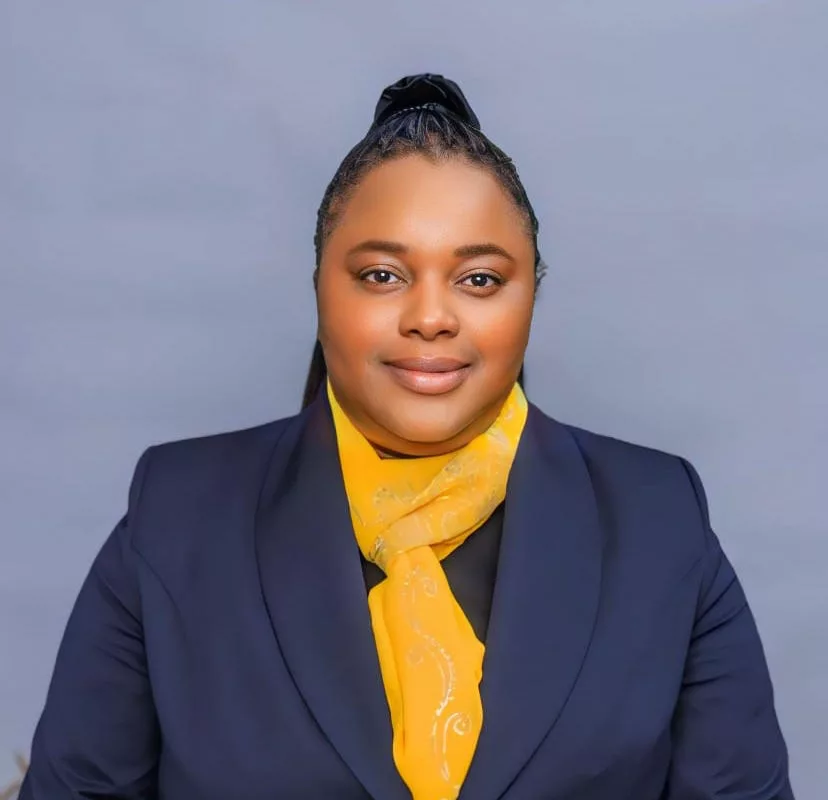|
Getting your Trinity Audio player ready...
|
Writes Nhau Mangirazi
For eighteen-year-old Ratidzo Dakarai who is hard of hearing, her family has slowly become a small world of realities.
Since her early youthful days, her daily routine starts off with household chores and helps in food preparation among other assignments.
From the deep outlying rural area under Chief Mjinga, about 100 kilometers east of Karoi town under Hurungwe district within Mashonaland West, the future of Ratidzo as a girl with a disability has been shining a light of hope.
‘‘At times, we ask her for the favourite dish that she may prepare for us. We have tried to accommodate her needs and even accepted challenges through sign language. She is at home both mentally and physically,’’ Nyarai aged 22, her elder sister said.
The Dakarai family scenario is a model that women and girls with disabilities advocates envy as part of every society that may groom them into leadership positions.
Agnes Chindimba, executive director of Deaf Women Included said family is the first school for every child.
‘‘It is part of every family’s responsibility to install leadership skills in children with disabilities from an early age. This includes making girls with disabilities facilitate any family discussions and giving them roles and responsibilities like everyone else. They must perform just like their siblings without disabilities. This helps in boosting confidence in whatever they do,’’ Chindimba said in a written response.
She further explained that there must be continuous support to a girl child with disabilities in the family, building a firm foundation as a leader.
Lillian Gwanyanya who represents Centre for Children with Disabilities, concurred that parents and siblings must treat a girl child with disabilities with all fairness, looking at her as a human being who has rights of choice.
‘‘Disability comes second. Families must avoid labelling the girl child using a disability. She must help in cleaning her room, be supported during homework and encouraged to working hard, rewarding the child for achievements. The family should be inclusive,’’ she added.
Gwanyanya noted some community gaps affecting women with disabilities.
‘‘There must be gender balance in community leadership structures including community development where they must see to it that women are part of the group. Women must be allowed to contribute their ideas and challenges they have and make efforts to be visible in the grouping,’’ explained Gwanyanya.
She added that women and girls with disabilities can be part of decision-making process.
‘‘Women with disabilites must be included in the leadership structures and encouraged to volunteer where they can help but don’t force them at all,’’ she said.
Gwanyanya called on communities to work closely with parents of children with disabilities to know them better and adjust accordingly.
‘‘Development workers in the community should have a register and contacts of such women and girls with disabilities to reach out to them whenever it is necessary. Schools, clinics, and recreational facilities should be accessible to all. In every community, we have persons with disabilities who have to access the environment and be included in the community spaces. We must share ideas with colleagues on how they are managing in their environments and voice out our concerns so that you create space for yourself within your environment,’’ she added.
Mashonaland West Proportional Representative in the House of Assembly, Mutsa Murombedzi, noted that the Zimbabwe government can implement quotas, provide leadership training, ensure accessibility, and enforce anti-discrimination policies.
‘‘Local authorities must actively recruit women with disabilities and create inclusive, accessible environments for true participation,’’ said Murombedzi.
Zimbabwe is one of the countries committed to the United Nations Convention on the Rights of Persons with Disabilities (UNCRPD) that impacts women with disabilities by adopting inclusive laws and policies.
‘‘We must quickly begin aligning our national legislation with the African Union’s Protocol to enhance rights protection,’’ she added.
Murombedzi further said women with disabilities can be supported through scholarships including accessible learning environments.
‘‘There must be mentorship programs, specialized leadership training, and inclusive education policies that ensure equal opportunities for skill development for women and girls with disability,’’ said Murombedzi.
Muchanyara Cynthia Mukamuri, Executive Director of Self Help Development Foundation (SHDF) and chairperson of Women’s Coalition of Zimbabwe (WCOZ) concurred that there is a need to increase persons with disabilities in leadership through the enactment of inclusive laws and policies.
‘‘We must have accessible education and training to women and girls with disabilities through mentorship, career development, and accessible workplaces with positive media representation,’’ said Mukamuri.
She, however, noted the need to fight stigma against persons with disabilities.
‘‘There is justification for awareness campaigns that empower them through disability pride and self-advocacy and training. There must be safe spaces for sharing experiences, setting disability employment targets among other positive moves,’’ added Mukamuri.
It is estimated that there are about 900 000–1.4 million persons that have disabilities in Zimbabwe. The country is a State Party to the Convention on the Rights of the Child (CRC) and the UN Convention on the Rights of Persons with Disabilities (UNCRPD).






